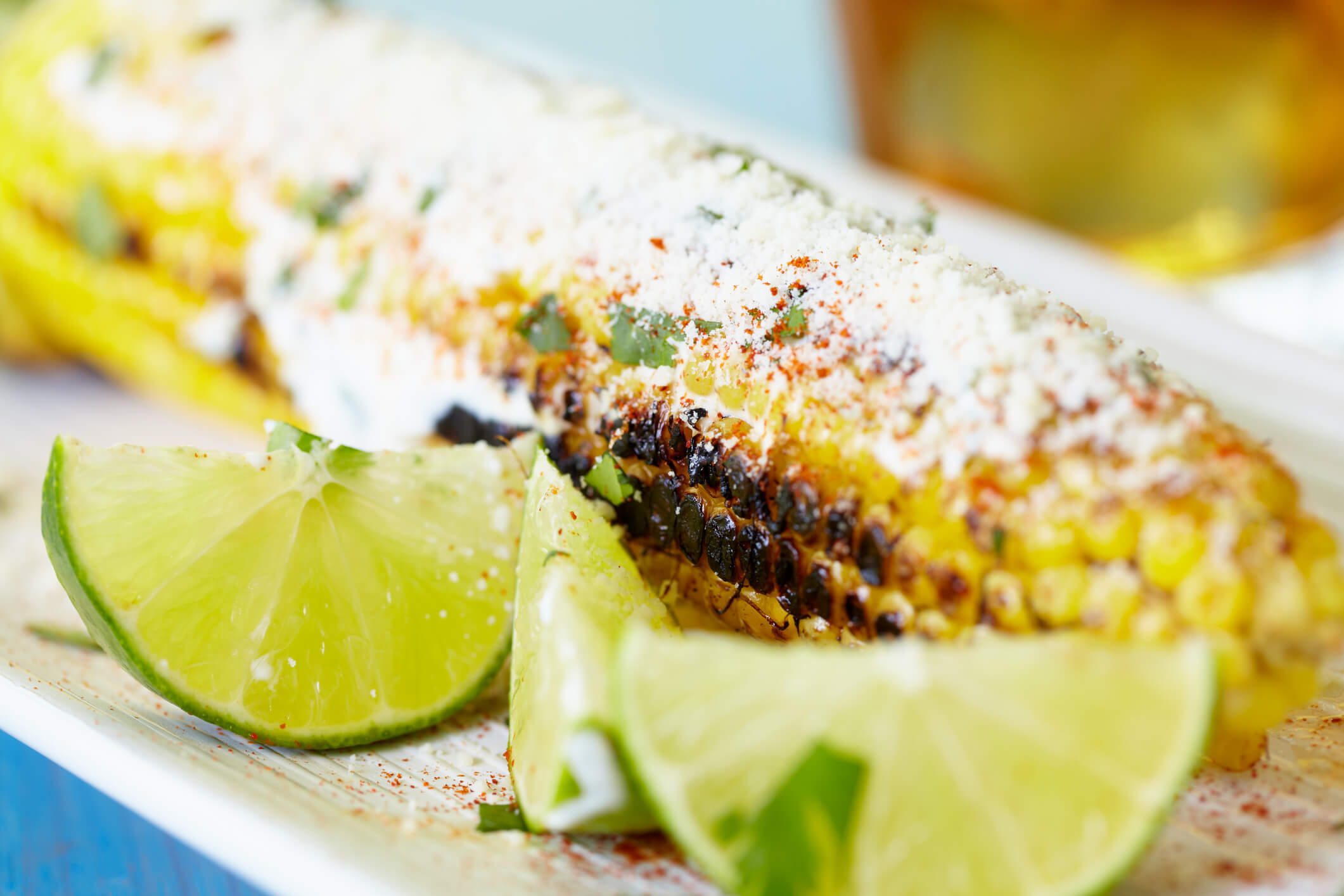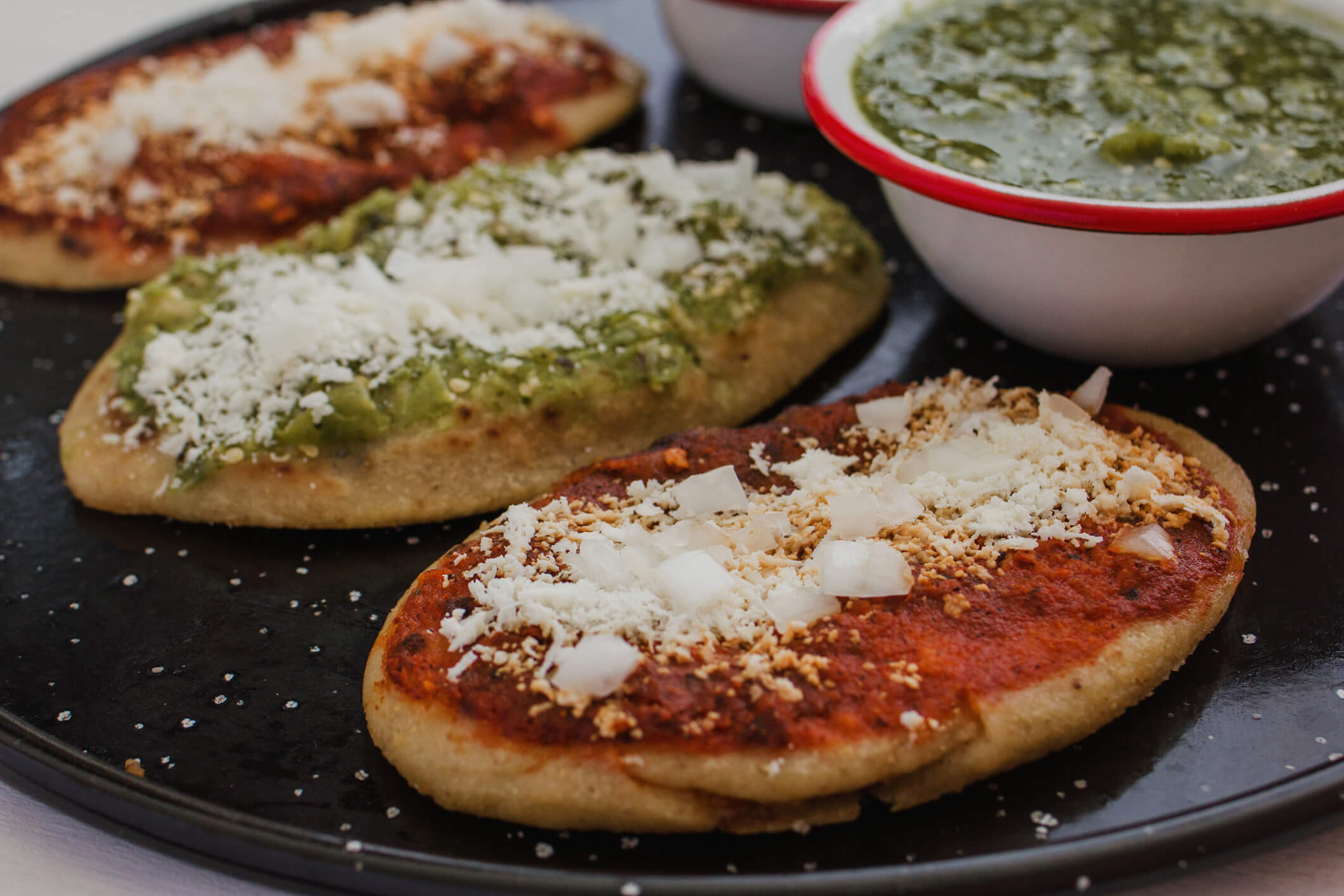Can I Eat Cotija Cheese While Pregnant?
Contents
Cotija cheese can be “fresh” or aged (Cotija Añejo). As long as fresh Cotija cheese has been made with pasteurized milk, it is considered safe to eat when pregnant.
The latter, Cotija Añejo, falls into the category of Mexico’s “hard” cheeses and is generally considered to be safe to ingest during pregnancy as long as it has been made with pasteurized milk.
Pregnant women should not eat cheese made with unpasteurized milk to lower the risk of contracting a serious foodborne illness called Listeriosis.
What is Listeriosis?
Listeriosis is caused by eating foods contaminated with the Listeria monocytogenes (“Listeria”) bacterium. According to reports from the U.S. Food & Drug Administration (FDA), Listeria is one of the leading causes of death from food poisoning in the United States.
This germ is commonly found in soil, water, decaying vegetation, and the intestinal tract of animals. It can also be found in soft cheeses or other products made from unpasteurized milk and processed foods that become contaminated such as hot dogs and other deli meats.

Who is at risk of contracting a Listeria infection?
According to the Centers for Disease Control and Prevention (CDC), most people who contract Listeriosis are able to battle the bacteria and recover quickly. Nearly all of the people who become gravely ill or die from Listeria infections are newborn babies, people with weakened immune systems and the elderly.
Pregnant women are about 10 times more likely to get Listeria infection. If you are pregnant and Hispanic, the risk increases. The FDA reports that pregnant Hispanic women are about 24 times more likely than the general population to contract a Listeria infection than the general public. Listeriosis in pregnant women can lead to miscarriage, stillbirth, or death of the newborn.
Primarily, outbreaks of Listeria have been linked to Mexican cheese have been attributed to the “soft” cheeses made from unpasteurized milk. In addition to fresh queso cotija, Mexican soft cheeses include queso fresco, queso blanco, queso panela and queso ranchero.
What kind of cheese is safe for pregnant women?
The general rule of thought is that hard or aged cheeses are safer for pregnant women to consume as the reduced moisture and higher salt content make for a less hospitable breeding ground for germs and bacteria to form and multiply.
In short, the dryer the cheese, the safer it is considered and Cotija Añejo certainly falls into this category.
Pregnant women should only eat cheese, like Cotija, if it is made with pasteurized milk, to lower the risk of getting an infection from Listeria or other foodborne germs. Federal regulations in the United States require cheesemakers to clearly label the ingredients in their cheese. Pregnant women should specifically look for labels that say “made from pasteurized milk.”
Pregnant women should not eat any “artisanal” cheese and avoid farm-made cheese that may be produced with raw milk.

Where can I find pasteurized Cotija Cheese?
It is strongly recommended that if you eat any Cotija cheese while pregnant, the cheese should be purchased commercially from a reputable producer and distributed by major grocery chains. While Cotija cheese is readily available in Mexican grocery stores, it may be more difficult to find in other countries.
Many Mexican restaurants serve Cotija cheese atop elotes (Mexican street corn) and to finish many other traditional dishes. Pregnant women can feel safe indulging their food cravings for salty cheese like Cotija in a Mexican restaurant but only if the management can assure you that the cheese has been made from pasteurized milk.
However, people should also be aware that some cheeses made from pasteurized milk have caused Listeria infections because they were contaminated after the pasteurization process. So, there are no guarantees and you should follow your physician’s advice.
